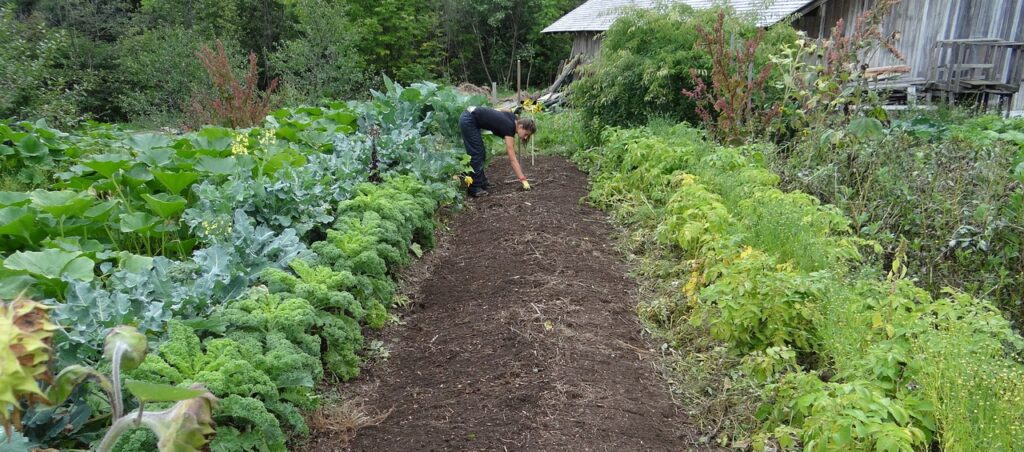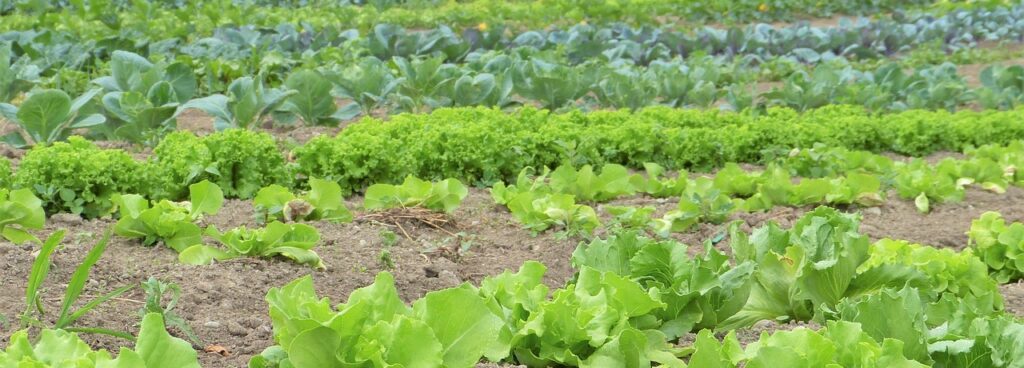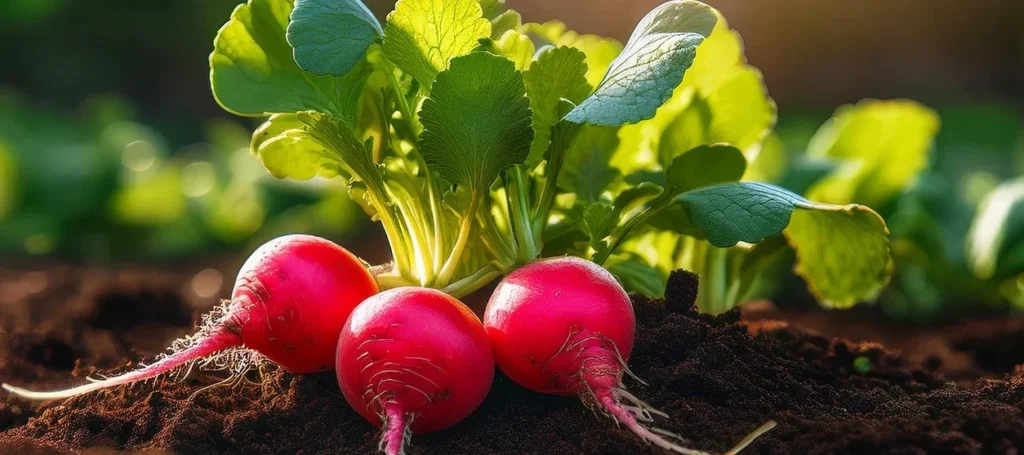Introduction:
Organic gardening has grown significantly in popularity in recent years due to growing awareness of its environmental and health benefits. One of the key ingredients in a thriving organic garden is manure. Often overlooked or misunderstood, manure is a powerful and natural fertilizer that can transform your garden into a thriving ecosystem. In this blog post, let’s explore why manure is the secret to thriving organic gardens and how it can improve soil health and promote plant growth, increasing the sustainability of your garden.

Why Manure is Essential for Organic Gardens
- Rich in Nutrients: Cow dung contains essential nutrients like nitrogen, phosphorus, potassium, and micronutrients that are essential for plant growth. So those nutrients are slowly released into the soil, providing a steady supply of food to your plants. Unlike chemical fertilizers, which tend to damage the soil and plants over time, cow dung naturally enriches the soil, ensuring long-term fertility.
- Improves Soil Structure: One of the main benefits of using cow dung in your organic garden is its ability to improve soil structure. The organic matter in cow dung manure helps break up compacted soil, allowing water retention and aeration. This benefits healthy roots and stronger plants. In addition, improved soil structure promotes beneficial microorganisms, such as earthworms, which are important for soil health, and organic fertilizers.
- Increases Soil Microorganisms: Dung is full of beneficial microorganisms that help break down organic matter into humus and make the soil healthier. These microorganisms contribute to creating fertile and biodiverse soil ecosystems. When you add manure to your garden, you encourage the growth of these microorganisms, thereby increasing the overall health of your soil.
- Sustainable Fertilizer Alternative: Dung is a renewable and sustainable resource, which makes it an excellent alternative to artificial fertilizers. By using manure in your garden, we are all reducing our environmental footprint while contributing to a circular economy. It is an eco-friendly option that supports sustainable farming practices and can help reduce dependence on harmful chemicals in agriculture.
- Increases plant growth and yield: Nutrients in cow dung are not only essential for plant health but also help in increasing the overall yield of your crops. If dung is used regularly, the plant starts growing fast and strong. Whether you’re growing vegetables, fruits, or flowers, the rich nutrients in manure will keep your plants thriving and growing abundantly.

How to Use Cow Dung in Your Organic Garden
1. Composting: To get the most out of dung, it is best to compost it before using it, as fresh dung can be too strong for plants and contain harmful bacteria. By composting it, you can allow beneficial microbes to break down the manure and create a more balanced, nutrient-rich product for your garden. You can compost dung along with other organic materials such as straw, leaves, and kitchen waste.
2. Direct application: Once composted, cow dung can be applied directly to the soil as a natural fertilizer. Spread a layer of composted manure around your plants or mix it into the soil when planting, as a compost, as too much manure can make the soil barren of nutrients.
3. Cow Dung Tea: Another popular way to use cow dung is “dung tea” which some people find a great process. This involves soaking composted dung in water for a few days to create a nutrient-rich liquid that can be used to water your plants. This method allows the nutrients to be easily absorbed by the plant’s roots and the nutrients are more beneficial to the plant children.
Frequently Asked Questions:
Yes, dung is completely safe for plants if used properly. It provides essential nutrients to the soil and plants, helping them grow healthy and strong. However, it is important to compost the manure fresh before applying it to avoid damaging the plants with excess nitrogen or
Application frequency depends on the type of plants you are growing and the quality of your soil. Generally, applying manure once or twice a year during the growing season is sufficient. For heavy feeders like vegetables, you may need to apply it more often.
Dung is beneficial to most plants, including vegetables, fruits, and ornamental flowers. However, some plants, such as acid-loving plants (e.g. blueberries), cannot thrive with manure due to their alkaline nature. Always know your specific plant needs before applying fertilizer.
To store dung, let it dry and then store it in a cool, dry place. If you compost it, be sure to turn the compost pile regularly to maintain air circulation. Proper storage ensures that the fertilizer is rich in nutrients and safe to use when needed.
Conclusion:
Dung is more than a byproduct of livestock. It is an organic powerhouse that can significantly improve the health and productivity of your garden. With its ability to enrich soil, promote plant growth, and promote sustainability, cow dung is organic gardening’s best-kept secret. Whether you’re an experienced gardener or just starting your organic journey, incorporating cow dung into your gardening routine will help you achieve years of thriving, healthy plants. Why manure is the secret to thriving organic gardens
By incorporating cow dung into your organic gardening practices, you promote plant health and contribute to a more sustainable, eco-friendly world. So, the next time you’re looking to grow your garden, remember the power of manure – the natural secret to a thriving organic garden.
